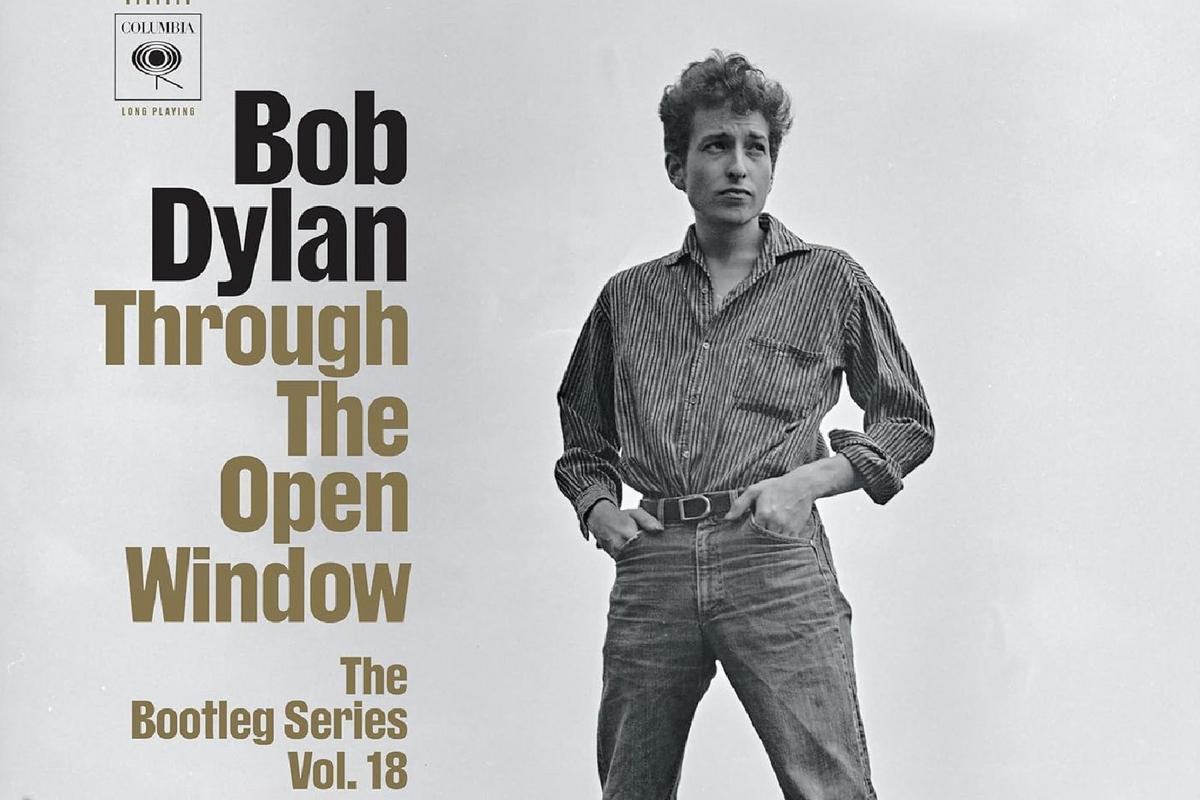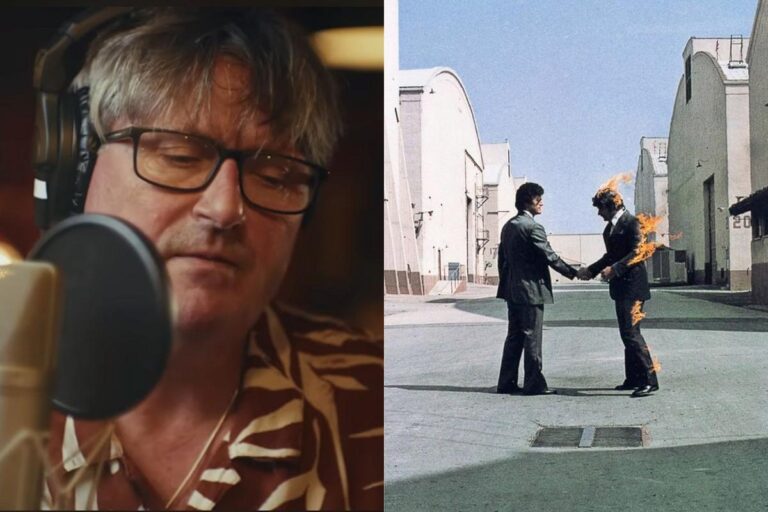It was only a matter of time before Bob Dylan‘s long-running Bootleg Series would get around to covering the earliest part of his career.
With other specific Dylan eras — Rolling Thunder, the gospel years, the mid-’60s masterpieces, the ’90s comeback, The Basement Tapes, even the disparaged Self Portrait from 1970 — picked over in fine detail since 1991, his first several years as a performer and recording artist were among the few periods that hadn’t been put under the microscope.
Plus, with the Oscar-nominated A Complete Unknown biopic still relatively fresh in the public’s mind, the timing couldn’t be better for Bootleg Series Volume 18: Through the Open Window, 1956-1963, an eight-disc appraisal of Dylan’s formative years, from a 1956 private recording at a St. Paul, Minnesota, music shop to his celebrated October 1963 concert at Carnegie Hall.
READ MORE: Bob Dylan Albums Ranked
The trajectory of Dylan’s evolution from a traditional folk singer covering others’ songs to a singer-songwriter with original material can be traced throughout the eight discs. The first CD features his solo acoustic renditions of the traditional songs “K.C. Moan” and “Remember Me,” Woody Guthrie’s “Jesus Christ,” and Shirley and Lee’s early rock ‘n’ roll hit “Let the Good Times Roll.” By the final disc, he’s performing the self-penned “Only a Pawn in Their Game” and “When the Ship Comes In” to a raptured audience.
In between, Through the Open Window tells the story of how Robert Zimmerman from Duluth, Minnesota, became Bob Dylan, the voice of a generation. It’s told through home recordings, club performances, outtakes from his first three albums, radio appearances and the complete 1963 Carnegie Hall concert. Over the 139 tracks, four dozen previously unreleased, Dylan begins to find his voice and, more importantly, his identity.
Eight selections from the famous “party tape” recorded in December 1961 at a friend’s apartment in Minneapolis, just weeks after he finished the sessions for his debut album, released the following March, draws a line before Dylan begins to reveal the lifelong restlessness that would define his career; by mid-1962, he’d start recording his second album, The Freewheelin’ Bob Dylan, the first to include mostly all original songs. From there, Through the Open Window‘s remaining CDs begin to fill in the pieces leading to the transitional period covered in 2015’s The Cutting Edge: 1965-1966: The Bootleg Series Vol. 12.
An early live version of “Don’t Think Twice, It’s All Right”; social message songs from the period like “John Brown,” a rarity released under the pseudonym Blind Boy Grunt; The Times They Are A-Changin’ outtake “Seven Curses”; and stirring takes on “Who Killed Davey Moore?” and “A Hard Rain’s A-Gonna Fall” from Carnegie Hall are all part of the journey. So are the oft-repeated but false stories of Dylan’s carnival past, the protest songs he’d later distance himself from and a multitude of live performances that were a large part of his early narrative. Through the Open Window isn’t as revealing as other past Bootleg Series volumes; there’s no revision to be worked through, either, as was the case with some. Its point and purpose are pretty clear-cut: Like any great artist, Dylan got his start somewhere. These are his first steps on the road to genius.
Bob Dylan ‘Bootleg Series’ Albums Ranked
His many studio and live albums tell only part of his story.
Gallery Credit: Michael Gallucci



